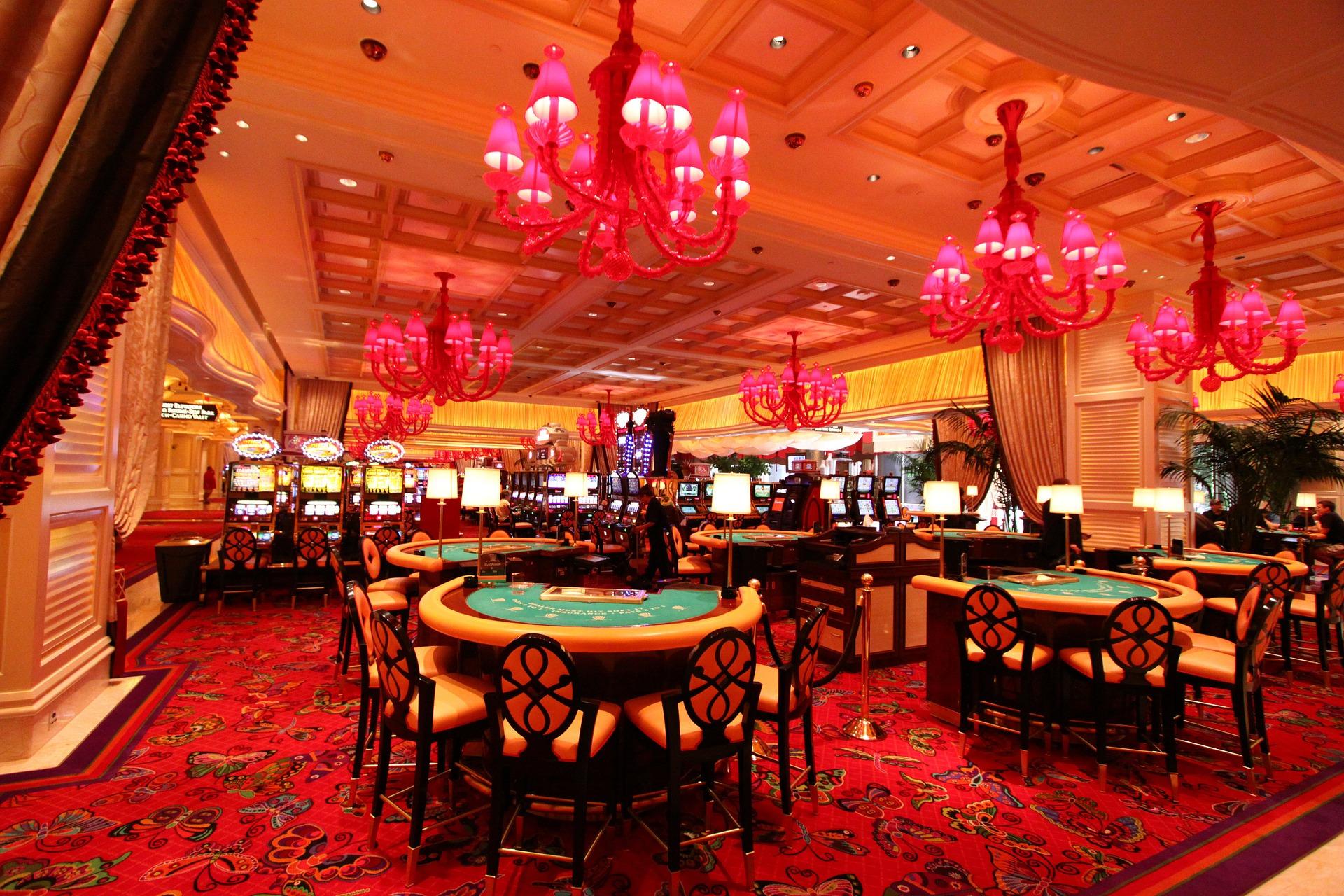
Within the lively world of gambling halls, in which the atmosphere buzzes with excitement and the clattering of chips fills the environment, the role of a dealer is both crucial and fascinating. Every day, these experienced experts step into a world where fortune and tactics intertwine, leading players through the ups and downs of their selected casino titles. From table games like 21 and poker to the spinning wheels of the roulette table, dealers facilitate the gameplay while ensuring that every game operates seamlessly and honestly.
As the sun rises on another hectic day, a casino game dealer prepares to immerse themselves in this dynamic setting. Their responsibilities extend beyond just distributing cards or turning a roulette wheel; they are also performers, customer service representatives, and keepers of the game regulations. Each workday brings new obstacles and experiences, making every day distinct in the life of a dealer. This insider look will examine the daily routine of a casino dealer, showcasing the expertise and experiences that make this profession both thrilling and rewarding.
The Role of a Gambling Table Dealer
A casino game dealer is at the core of the gambling experience, orchestrating the flow of the game while ensuring that players are engaged and entertained. Their main duty is to manage the game, which involves distributing cards, rotating the wheel, or handling the chips, depending on the type of game being played. Dealers must possess a thorough understanding of the rules and regulations governing each type of game, while also maintaining a friendly and approachable demeanor to enhance the gaming atmosphere.
In addition to overseeing the play, croupiers must also monitor on the players and the surroundings around the table. This includes monitoring for any signs of cheating, making sure that everyone is following the guidelines, and addressing any disputes that may arise among players. Strong communication skills are vital, as croupiers often provide explanations about the game’s mechanics and offer assistance to those who may be novice to gambling games.
Furthermore, a croupier’s role extends beyond just the mechanical aspects of the play. They play a key part in creating an enjoyable experience for the players. This necessitates establishing a rapport with patrons, being attentive to their wants, and often adding an aspect of fun into the game. It’s this mix of skill, vigilance, and people skills that makes the position of a gambling table dealer both demanding and rewarding in the vibrant world of casino games.
Responsibilities and Challenges in Daily Operations
One of the key responsibilities of a dealer in a casino is to supervise the multiple games available at their table, guaranteeing a smooth and enjoyable experience for players. Dealers must be adept at distributing cards, handling chips, and maintaining the continuity of the game. This requires a keen understanding of the regulations of each game, from blackjack to roulette, and the ability to answer players’ questions while keeping the game progressing. Attention to precision is paramount, as dealers must track bets, disburse winnings accurately, and watch for any cheating or discrepancies at the table.
In addition to supervising the game itself, dealers encounter challenges such as managing difficult players. The casino environment can be tense, particularly during intense games, and a dealer must remain calm and professional at all times. non GamStop betting They need robust interpersonal skills to navigate interactions with players who may be upset about losses or dissatisfied with the game’s pace. Handling these situations delicately is essential in creating a friendly atmosphere on the casino floor.
Another significant responsibility is upholding the integrity of the game. Dealers must be vigilant and observant, watching for any signs of player cooperation or cheating among players. This entails not only a solid knowledge of the games but also an awareness of player psychology. They must also adhere to the casino’s rules and procedures, taking part in regular training sessions to stay informed on rules and protocols. Balancing these responsibilities while providing top-notch customer service is what makes the role both difficult and fulfilling for a dealer in a casino.
Attributes and Skills for Success
A effective casino game dealer must demonstrate outstanding communication skills. This includes not just the ability to explicitly explain game rules and procedures to players but also the capacity to engage with them in a friendly and respectful manner. Cultivating rapport with patrons can enhance the gaming experience and encourage repeat visits to the casino. Strong communication enables dealers to manage tables efficiently while ensuring that players feel valued.
Moreover, robust mathematical skills are essential for a dealer. Quick calculations are often required to follow bets, payouts, and game outcomes in real-time. A dealer’s ability to perform these math operations accurately and swiftly promotes to the overall efficiency of the game. This skill helps in maintaining the flow of play and in minimizing disputes or misunderstandings with players, which is crucial in a dynamic casino environment.
Lastly, an ideal casino game dealer should show integrity and professionalism at all times. Trust is a crucial component of the gaming experience, and players must feel secure that the games are conducted honestly and transparently. A dealer’s dedication to upholding high ethical standards fosters a positive atmosphere at the table and enhances the casino’s standing. Being consistent in behavior ensures that dealers leave a lasting impression on guests, which can lead to a loyal customer base.
